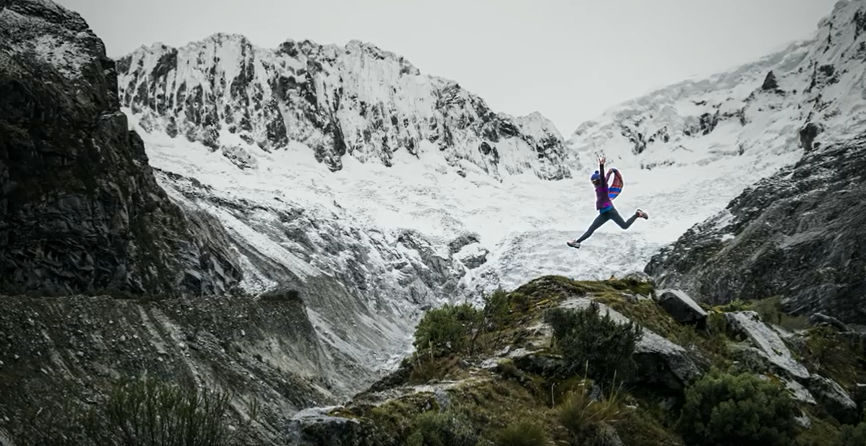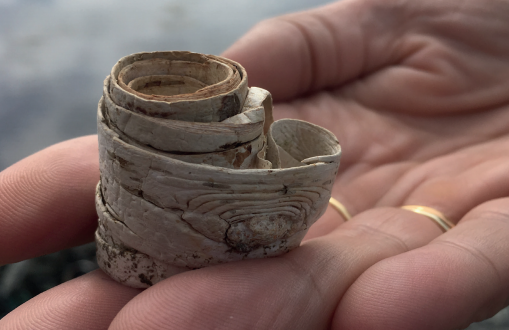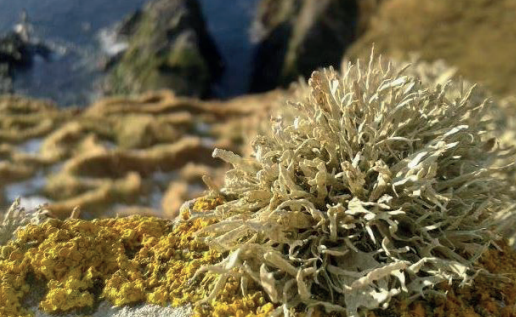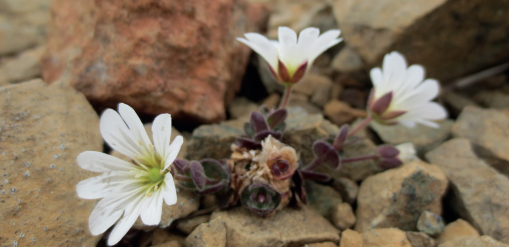
Most of the outdoor community is well aware of the positive mental effects spending time outside can bring. Once you’ve experienced the change in general mood living an outdoor-centered life catalyzes, its relatively easy to make it a priority. In my experience, ‘outdoorsy people’ are generally happier despite life circumstance variables and more apt to navigate times of adversity. Unfortunately, not everyone has had the influences or even access to understanding this joy. Many people are not aware of the mind-body influence that time in nature has. Doctors in Shetland, Scotland are trying to change that.

50% of the world’s population lives in cities, with that number expected to grow to 70% by 2050. With most basic needs met, many of these people have little to no outdoor time unless it is actively sought out.
Spending time outside has been shown to reduce blood pressure, pain control, and ADHD symptoms. It’s often shown to enhance immune system functions as it is exposed to a more diverse range of bacteria, subsequently learning adaptive responses. This goes without noting the advantages of physical activity in the outdoors.

According to an interview in the Guardian, a doctor noted:
“We very much try to involve people in their own health, and people really like being empowered.”
Spending time in the outdoors can be both empowering and healing in and of itself. It especially helps with rumination– the tendency to be trapped in repetitive cycles of negative thinking about oneself and ones’ circumstances, often leading to anxiety and/or depression.
These factors have lead Scottish doctors to prescribe time in nature as a factor in treating mental and mild physical illness. It is not being used as a substitute for medication in all cases where necessary but is a huge step in holistic health that can be used as both treatment and prevention.

Healthy Shetland created a pamphlet that outlines the types of outdoor activities you can engage with on a monthly basis. Most of these exemplify actions that foster an appreciation for nature, such as:
“really look at lichen,”
“feel the exhilaration of wind, rain on your face,”
“don’t mow the lawn, watch the mini beasts move in,”
“turn over a rock and notice what you see,”
or “listen and copy a bird sound.”

Even if you do spend “adequate” time in the outdoors, you can always find more things that make you appreciate all the forces at play within it.